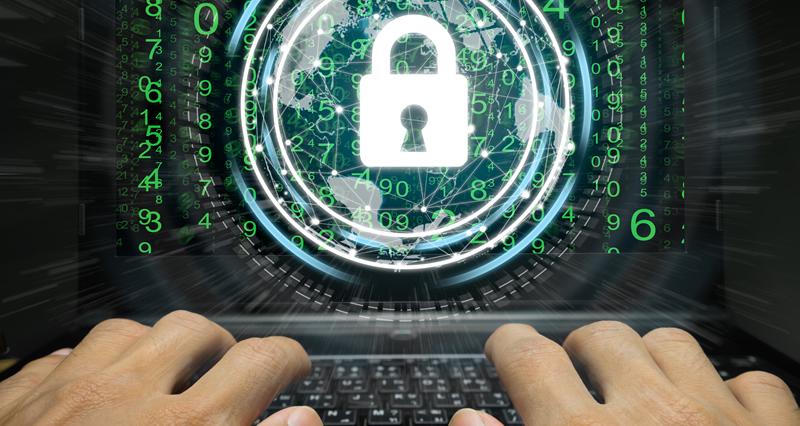Cyberattacks can lead to loss of money, theft of personal information, and damage to your or your company’s reputation and safety. They may be targeted at populations that are likely uninformed about cyber safety such as children or older adults. Cyberattacks can use computers, mobile phones, gaming systems, and other electronic devices. The attack may include identity theft, fraud, or blocking your access to or deleting your personal documents and pictures.
What You Can Do
- Immediately contact banks, credit cards companies, and other financial institutions to report breaches, alert and file a report with authorities;
- Keep your software and operating systems updated;
- Use strong passwords and two-factor authentication (two methods of verification);
- Watch for suspicious activity. When in doubt, don't click. Do not provide personal information;
- Use encrypted (secure) internet communications;
- Regularly backup import files, documents, and pictures;
- Protect your home Wi-Fi network; and
- Limit the amount of personal information that you share online.
You can also prepare by following the four steps of emergency preparedness:
- Be Informed - Know the signs of possible cyberattacks to protect yourself or your company. You should also know what to do if you think that you may be a target of a cyberattack. Make sure you know your company’s cyber security policy and if you don’t, check with your supervisor to see if cybersecurity training can be provided. You can also sign up to receive emergency alerts at https://alertannearundel.civicready.com/ and follow us on social media for general preparedness tips.
- Make a Plan - Have a backup plan for how you will communicate or complete tasks in case a cyberattack affects your ability to use computers, mobile devices, etc.
- Build a Kit - A cyberattack may affect the power grid, so be sure to include non-perishable food, plenty of water, first aid supplies, some cash, and other basic necessities in case you need to evacuate or shelter in place for an extended period of time. Consider having a backup power source such as a generator with extra fuel. For more items to add to your kit, check out this video at https://youtu.be/FVwlcifEWm0. Remember that cyberattacks may affect your ability to travel and purchase items, so it is good to have everything stocked before disaster strikes.
- Get involved - Before disaster strikes, you can encourage your family or company to take regular cybersecurity training. Talk to your kids about how to safely interact with others on the internet or through video games. Remind older adults to not share their personal information such as social security numbers or credit card information over the phone or online.
Additional Information

